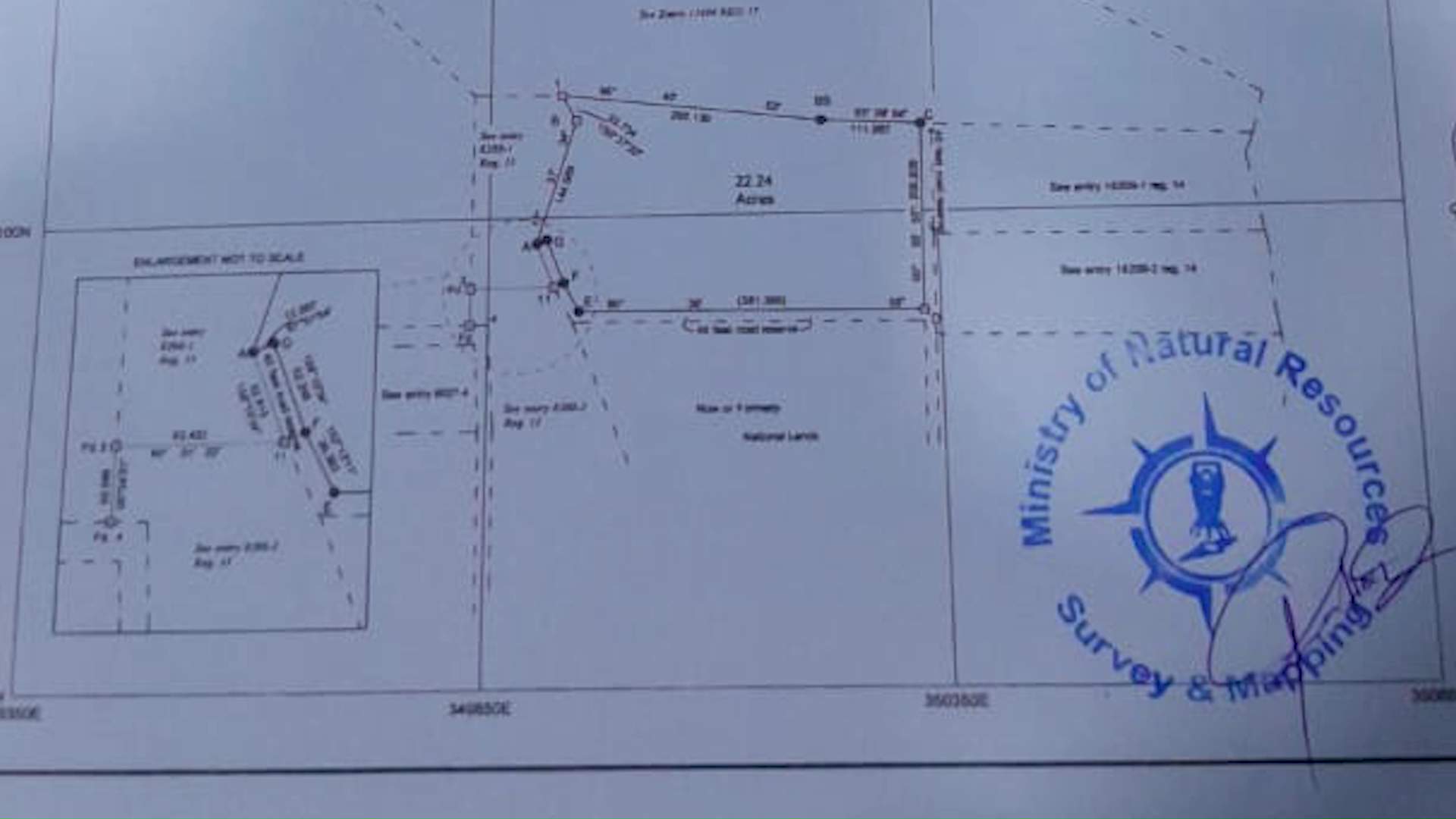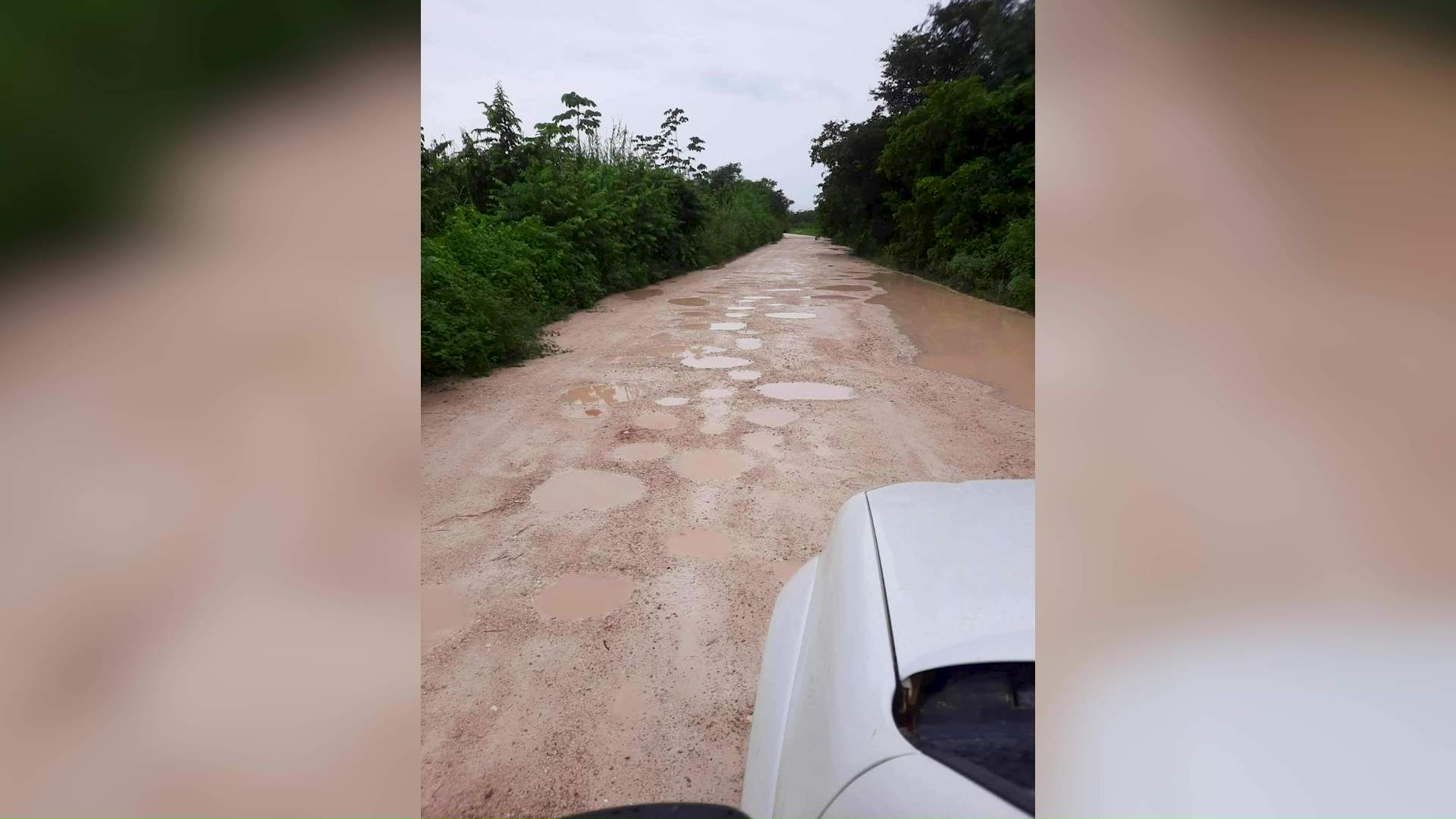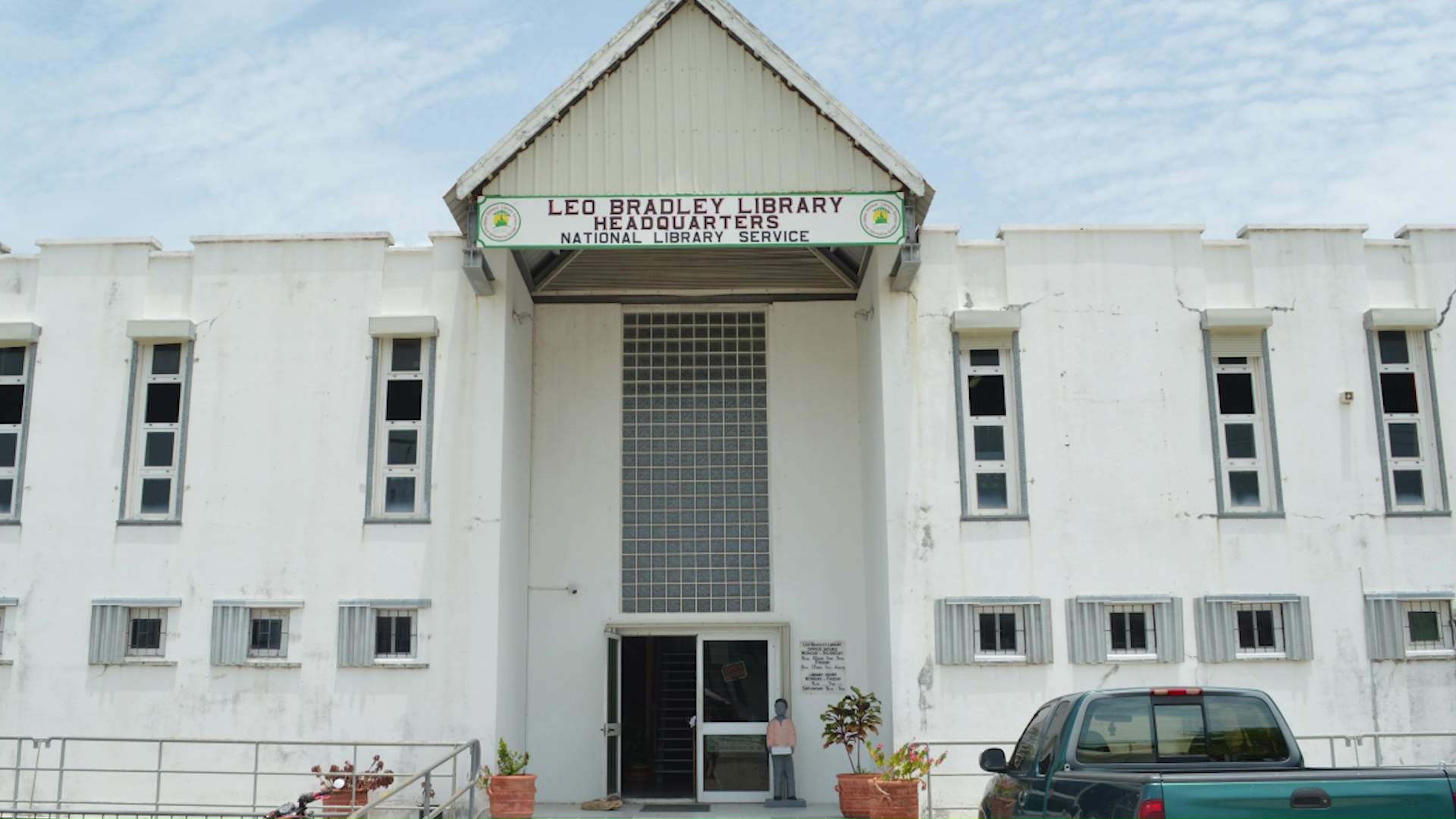Assistant Commissioner of Police Trevor ‘Buju’ Bailey, a key figure in crime prevention, emphasized the importance of exercising heightened care when dealing with individuals suffering from mental illness. His testimony came during the trial of Christopher ‘Too Cool Chris’ Jones, a prominent DJ and radio personality, who is facing charges of wounding in connection with the shooting of Kevin Patterson in Kingstown on July 4, 2024. Jones claims he acted in self-defense, alleging that Patterson was reaching for a weapon in his bag, which was later found to contain a knife and a box cutter. However, the prosecution argues that Jones’ actions were malicious and did not constitute self-defense. Bailey, summoned by the defense, shared insights into police protocols when interacting with mentally ill individuals. He noted that police recruits are trained by the Ministry of Health on how to handle such situations, and workshops are regularly conducted for frontline officers. Bailey stressed the need for calm communication and assured assistance when dealing with mentally ill persons, acknowledging that reasoning may not always be possible due to incoherence. He also discussed the use of licensed firearms, stating that their primary purpose is protection and crime prevention, and that any use of a firearm in such situations would be subject to investigation. The trial, presided over by Senior Magistrate Tammika McKenzie, is set for a verdict on December 10, with the possibility of an earlier decision.
分类: society
-

Training in Goede Agrarische Praktijken versterkt landbouw in Para
In observance of World Food Day, celebrated globally on October 16, the Ministry of Agriculture, Livestock, and Fisheries (LVV) organized a three-day training program for farmers in the Para district. The event, held from October 13 to 15, focused on Good Agricultural Practices (GAP), a methodology aimed at promoting sustainable, safe, and efficient food production. The sessions took place in the multifunctional hall of the Para center and were led by LVV experts. Twelve farmers with at least five years of experience participated in the training, which emphasized improving production processes, food safety, and environmentally friendly cultivation methods. During the closing ceremony, LVV Deputy Director Maitrie Jagroep highlighted the importance of collaboration and knowledge sharing in strengthening the agricultural sector. ‘We are using this opportunity to exchange ideas and work together toward better food and a brighter future. Sustainable agriculture and certification are key concepts in this endeavor,’ Jagroep stated. The training underscores the ministry’s commitment to professionalizing and enhancing capacity within the agricultural sector. This initiative aligns with the goals of World Food Day, which this year is celebrated under the theme ‘Better Food for a Better Future.’
-

Lawsuit Looms as Lands Department Faces Backlash Over Property Mix-Up
A Belizean woman from Independence Village, Sherene Garbutt, is preparing to take legal action against the Lands Department after discovering that a 22-acre parcel of land she was in the process of acquiring was sold to another party. Garbutt had obtained official permission to survey the land in May 2022, completed the survey in August 2022, and applied for a lease, only to learn earlier this year that the land had been sold to someone else. She claims that the survey she paid for was used to issue the title to the new owner. The Ministry of Natural Resources offered Garbutt $6,500 to cover her survey costs in exchange for signing an agreement to prevent future lawsuits, but she refused, demanding either the original land or a comparable parcel in the same area. Garbutt asserts that this incident represents a blatant breach of due process and undermines her legitimate expectations. The Lands Department has acknowledged the case but maintains that completing a survey and applying for a lease does not guarantee ownership. Garbutt’s legal battle highlights systemic issues in land administration and raises concerns about transparency and fairness in property transactions.
-

Corozal Residents Fix Roads After Years of Neglect
In a remarkable display of community resilience, residents of Corozal’s Little Belize, Viva Esperanza, and Chunox have banded together to address years of neglected road infrastructure. Frustrated by the lack of government action, locals have pooled resources—money, machinery, and manpower—to repair roads that have long been in disrepair. While Area Representative Florencio Marin Jr. and the Ministry of Infrastructure Development initiated some improvements earlier this year, villagers argue these efforts fell far short of what was needed. The community is now urging the government to prioritize upgrades along the San Estevan to Chunox route. Franz Olfert, a resident, shared with News Five that the dire state of the roads left them with no choice but to act independently. Neighbors contributed funds, hired equipment, and began repairs, driven by a shared goal of ensuring safer and more accessible travel for all. Despite their efforts, Olfert emphasized that the funds raised—$5,000 from Little Belize and $1,000 from Chunox—are insufficient for comprehensive repairs. He hopes media attention will spur government intervention to address the critical condition of the roads.
-

No New Salary Increase for Library Service Employees
In October 2025, while many public sector employees in Belize celebrated a newly implemented salary increase, a significant group of workers found themselves excluded from this financial uplift. Among those left out were employees of the National Library Service, who did not receive the anticipated adjustment in their paychecks. According to Dean Flowers, President of the Public Service Union (PSU), this exclusion stems from the library service’s conversion into a statutory board over two decades ago, which reclassified its workers outside the public officer category. Flowers expressed deep concern over this development, labeling it a ‘sad situation’ and criticizing it as a result of flawed political decisions. He emphasized that these workers are now deprived of not only the salary adjustment but also their pension benefits, which have been ‘wiped out completely.’ Flowers called for urgent action, including the design of a Collective Bargaining Agreement (CBA) to address the issue. He also warned that other statutory bodies, such as the Belize Tax Services Department, could face similar challenges if economic analyses fail to demonstrate their ability to sustain proposed benefits. Flowers’ remarks highlight broader concerns about the sustainability and fairness of public service reforms in Belize.
-

Convicted Killers Appeal Rosado Murder Verdict; Court Reserves Decision
Two individuals convicted for the heinous murder of 70-year-old businessman Oscar Rosado Sr. are now challenging their convictions and sentences in the Court of Appeal. Brandon Hughes, identified as the shooter, is serving a life sentence with no parole eligibility for 30 years, while his accomplice, Jose Gomez, who claimed he only intended to rob the store, is serving a 12-year sentence with a minimum of eight years before parole. Both have been incarcerated for less than two years but are now seeking to overturn their verdicts. After two hours of rigorous arguments, the court reserved its decision for a later date. Deputy Director of Public Prosecutions Sheiniza Smith defended the convictions, emphasizing the profound impact of the crime on Rosado’s family and the necessity of upholding justice. In contrast, defense attorneys Orson ‘OJ’ Elrington and David McKoy argued that the convictions were ‘unsafe,’ citing missing transcripts, incomplete notes, and the absence of a written judgment. They contended that these omissions hindered a fair assessment of the trial judge’s application of the law, labeling it a ‘tremendous miscarriage of justice.’ For the Rosado family, the appeal has reopened painful wounds. Oscar Rosado Jr. expressed his anguish, stating, ‘They should be thankful their lives are in limbo. They should be thankful to be alive—because my dad is dead. My dad cannot ask for an appeal.’ The Court of Appeal’s decision remains pending.
-

STATEMENT: Hon. Dickon Mitchell on Caribbean Statistics Day – A call to strengthen and innovate together
As the Caribbean commemorates the 17th Observance of Caribbean Statistics Day, the 2025 theme, “Improving Lives through Statistics, Strengthening and Innovating Together,” underscores the region’s unwavering dedication to leveraging data for sustainable development. This year’s focus highlights the indispensable role of statistics in evidence-based decision-making, regional integration, and equitable growth. In an era marked by global and regional challenges—from climate resilience to economic transformation—robust statistical systems are pivotal in shaping responsive policies and fostering transparency, innovation, and inclusivity. The observance serves as both a celebration of achievements and a call to action for enhancing statistical capacity across the Caribbean. Collaboration and innovation are essential to ensuring that statistics continue to guide progress and improve lives. At the recent 80th Session of the United Nations General Assembly, Caribbean leaders emphasized the paradoxes faced by small island states: vulnerability to external shocks juxtaposed with resilience and innovation. Education, digital literacy, and the integration of science and technology are key to transforming these challenges into opportunities. Across the region, significant strides have been made in statistical development, supported by partnerships with international organizations such as the CARICOM Secretariat, the United Nations, the European Union, the World Bank, and others. Initiatives like the OECS Data for Decision-Making Project have catalyzed advancements in data collection, analysis, and dissemination. Grenada, for instance, has invested in digitizing statistical records, strengthening institutional frameworks, and embedding data-driven approaches in policy design across sectors such as social protection, renewable energy, and climate adaptation. The intersection of advanced technologies—such as artificial intelligence, remote sensing, and geographic information systems—with statistics presents transformative opportunities. These tools can revolutionize data collection and analysis, enabling real-time insights for climate adaptation, food security, and labor market policies. Open access to data empowers civil society, academia, and the private sector to contribute meaningfully to development. Disaggregated data ensures that no group is overlooked in policy responses, fostering inclusive and equitable development. As the CARICOM Lead Head for Science and Technology, Grenada reaffirms its commitment to innovation and the strengthening of regional statistical systems. By harmonizing standards, investing in technology, and promoting data sharing, the Caribbean can build a resilient, inclusive, and data-driven future. Caribbean Statistics Day is not merely symbolic—it is a reaffirmation of the region’s resolve to place data at the heart of its integration and sustainable development agenda. Together, the Caribbean can create a future where every policy is evidence-based, every community benefits from innovation, and every citizen experiences the impact of progress.



